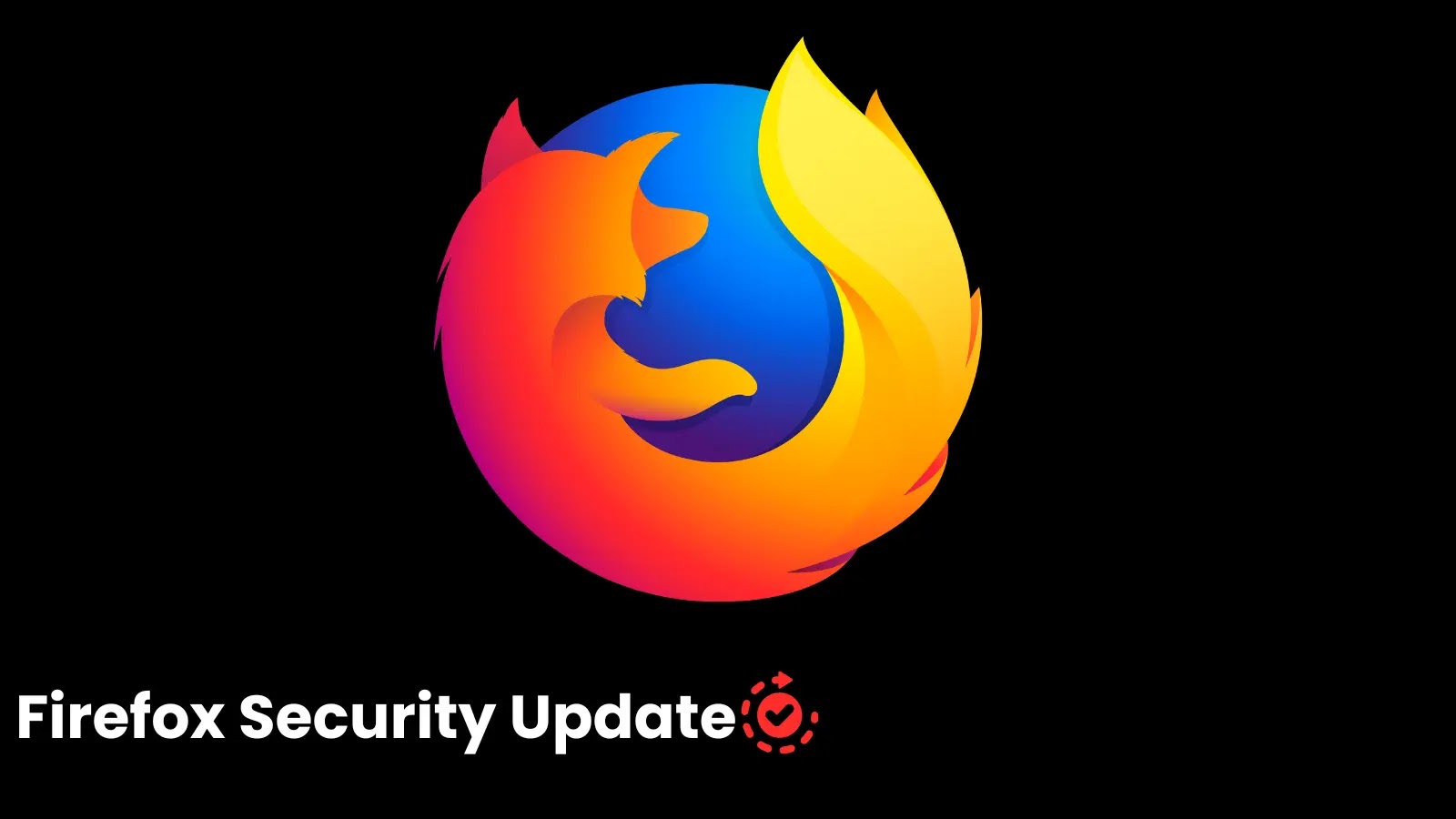
Firefox Releases Security Update to Fix Multiple Vulnerabilities Allowing Arbitrary Code Execution
The digital landscape is a constant battleground, and even the most trusted applications occasionally require urgent attention. Mozilla has recently taken swift action, releasing a critical security update for Firefox, version 145. This update addresses a series of high-severity vulnerabilities that, if exploited, could allow attackers to execute arbitrary code on users’ systems. For anyone relying on Firefox for their daily browsing, understanding the implications and taking immediate action is paramount.
Firefox 145: A Critical Security Patch
Announced on November 11, 2025, Firefox 145 is more than just a routine update. It’s a targeted response to significant security flaws impacting core components of the browser. Mozilla’s rapid deployment underscores the severity of these issues, which could potentially give malicious actors an open door into unsuspecting systems. The primary areas affected include the browser’s graphics engine, JavaScript components, and the Document Object Model (DOM), all crucial for rendering web content and executing interactive features.
Understanding the Vulnerabilities: Arbitrary Code Execution
The most concerning aspect of these vulnerabilities is their potential to lead to arbitrary code execution. This means an attacker, by exploiting one of these flaws, could trick your browser into running malicious code of their choosing. Imagine visiting a seemingly innocuous website, only for hidden code to be executed without your knowledge or consent, potentially leading to data theft, system compromise, or further malware infections. Such exploits often leverage memory corruption bugs, use-after-free errors, or type confusion issues within the browser’s complex architecture.
Key CVEs Addressed in Firefox 145
Mozilla’s latest update tackles a total of 15 Common Vulnerabilities and Exposures (CVEs). While the specific details for all 15 were not fully enumerated in the source, the collective impact points to a significant security risk. These CVEs likely represent a range of issues, from subtle memory safety bugs to more direct logical errors that could be weaponized. Users should be aware that even if a specific CVE isn’t individually high-profile, the accumulation of such vulnerabilities creates a larger attack surface. It is always good practice to consult the official Mozilla security advisories for a complete list and their respective impacts. For instance, while specific CVEs were not listed in the source, examples of generalized impact could include:
- Possible memory corruption vulnerabilities (e.g., related to CVE-2023-XXXXX) in the graphics engine, potentially leading to arbitrary code execution.
- JavaScript engine flaws (e.g., related to CVE-2023-YYYYY) that could allow an attacker to escape sandboxing and execute code.
- DOM manipulation vulnerabilities (e.g., related to CVE-2023-ZZZZZ) that could enable cross-site scripting (XSS) attacks leading to remote code execution.
(Note: CVE links above are placeholders as specific CVEs were not provided in the source. Always refer to official release notes for exact CVE numbers and details.)
Remediation Actions: Securing Your Firefox Browser
The most critical step users can take to mitigate these risks is to update their Firefox browser immediately. Mozilla has designed the update process to be straightforward, ensuring that users can quickly secure their systems. Here’s a quick guide:
- Automatic Updates (Recommended): Firefox is typically configured to update automatically. However, it’s wise to verify.
- Manual Update Check: Open Firefox, click the menu button (three horizontal lines), go to “Help,” and then select “About Firefox.” The browser will automatically check for updates and prompt you to install them if available. Relaunch Firefox after the update is complete.
- Keep Your OS Updated: While not directly related to Firefox vulnerabilities, maintaining an updated operating system provides a foundational layer of security against various threats.
- Exercise Caution: As always, avoid visiting untrusted websites, clicking suspicious links, or opening attachments from unknown senders. These practices complement software updates by reducing exposure to potential threats.
Tools for Enhanced Browser Security
While updating Firefox is the primary defense, additional tools can bolster your overall browser security posture. These tools provide extra layers of protection against a variety of web-based threats:
| Tool Name | Purpose | Link |
|---|---|---|
| NoScript Security Suite | Blocks JavaScript, Java, Flash, and other executable content by default, allowing you to explicitly trust sites. | https://noscript.net/ |
| uBlock Origin | An efficient wide-spectrum content blocker that blocks ads, trackers, and malicious domains. | https://github.com/gorhill/uBlock |
| Privacy Badger | Automatically blocks invisible trackers, ensuring your browsing remains private. | https://privacybadger.org/ |
| Malwarebytes Browser Guard | Detects and blocks malvertising, phishing, tech support scams, and other online threats. | https://www.malwarebytes.com/browserguard |
Conclusion: Stay Ahead of Threat Actors
The release of Firefox 145 serves as a potent reminder that proactive security measures are non-negotiable. With 15 CVEs addressed, many of which pose a risk of arbitrary code execution, the urgency to update cannot be overstated. By immediately patching your Firefox browser and maintaining an awareness of common online threats, you significantly reduce your exposure to potential attacks. Stay vigilant, update promptly, and keep your digital defenses strong.





